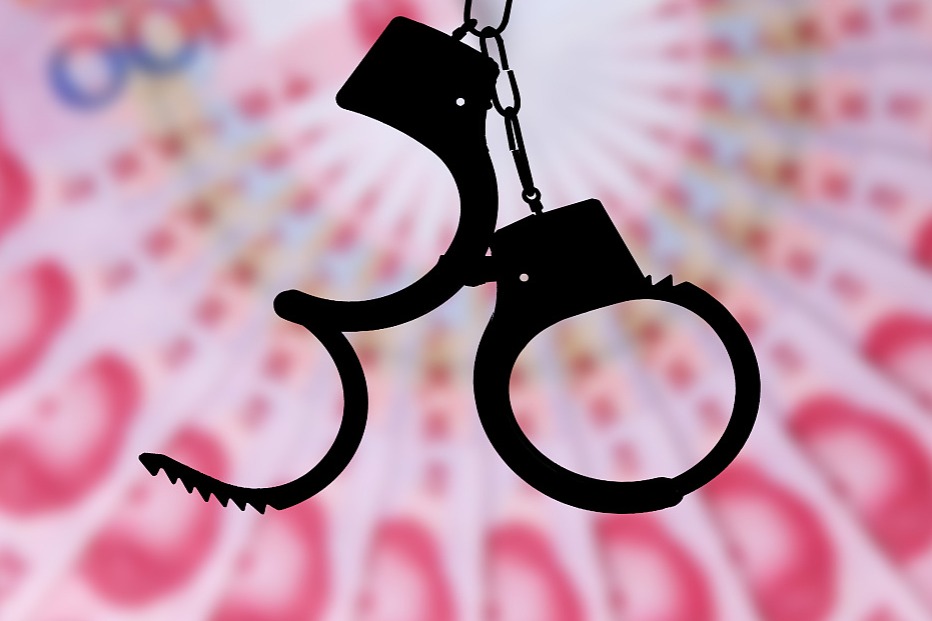Costs of exorbitant privilege


World is paying the price for the self-serving quick-fix dollar-issuing of the US
At this time of challenging political and economic instability, it is necessary to pay attention to the role that the United States plays in the international monetary and financial system and the repercussions of its actions on other countries. Several countries face problems such as inflation, an energy supply shortage, economic stagnation and high unemployment due to the unilateral decisions of the US government.
It is worth remembering that since the Bretton Woods Agreement in 1944, the US has gained an "exorbitant privilege" in the world's financial system, as its currency has become the backbone of the world economy. Between 1944 and 1971, the fixed parity of $35 per one Troy ounce of gold was in force, from which the parity of the currencies of other countries was fixed. The end of the fixed parity in 1971 only reinforced this privilege. Since then, the issuance of dollars has taken place without any control. To gauge what this means, consider that the current price of the Troy ounce of gold against the dollar is around $1,700. While the rest of the world has to work hard to create the value of $100, the US government establishes this value with just an "enter" in the scriptural currency worksheet. However, as the preferred reserve currency, its demand remains high, despite its devaluation over the last 50 years.
To quantify the importance of this "privilege", it is necessary to consider the fact that between 2008 and 2014, through the policy known as quantitative easing, the US government issued $4.2 trillion. As the dollar is an internationally accepted currency, this has led to the artificial appreciation of several currencies, mainly those of the commodity-exporting countries, such as the Brazilian real, and improved the competitiveness of US industry just as the country was recovering from the subprime crisis and the bankruptcy of Lehman Brothers.
The US' "exorbitant privilege "extends to the Belgium-based SWIFT system, which centralizes the world's most significant flow of financial information. It is being used as a weapon of war against Russia, Iran, Venezuela, the Democratic People's Republic of Korea, as well as other countries that have been sanctioned by the US and the European Union. Therefore, the other countries of the world have their sovereignty restricted as they are practically prohibited from defending their legitimate interest in trading with the sanctioned countries, as these unilateral measures can also block their assets.
On July 28, it was announced that US GDP had dropped 0.9 percent in the second quarter of 2022, compared to the same period in 2021. The rate contradicted the expectations of the financial market, which projected growth of 0.5 percent. As its GDP had already fallen by 1.6 percent in the first quarter, the US entered a technical recession. In this regard, it is essential to note that the recession still does not reflect the substantial increase in interest rates, which could further potentiate a decline in GDP in the coming quarters.
The recession in the US and the US Federal Reserve's interest rates are creating a worrying scenario for the world economy, as there is a strong expectation that the downturn will spread due to the contraction of liquidity and the fall in international trade flows. It is worth considering that crises are routine in a market economy, and their repercussions are more significant the more integrated national economies are. Regardless, it is possible to attribute economic policy errors to governments that potentiate or anticipate cyclical problems. In 2008, for example, the US government had a lenient policy regulating the financial and mortgage sectors. Today, much of the inflationary problem behind the rise in interest rates has been generated by the actions of the US administration itself, such as the imposition of additional tariffs on the supply of goods produced in China, restrictions on the sale of semiconductors to Chinese companies, and the various sanctions imposed on Russia. Such measures have boomeranged against the US economy itself.
There is a grave risk that the unilateral measures taken by the US could negatively affect the world economy, as happened with the interest rate shock imposed by Paul Volcker between 1979 and 1981. If this happens in the next few months, it will be disastrous, particularly for Latin American countries, which are already facing the challenges of heavy debt, inflation, recession, and economic stagnation. There is an old saying that is valid for countries in the region: "Poor Latin America, so far from God and so close to the United States", since the US' political, economic, military, and cultural influence is powerful. From a strictly economic point of view, fluctuations in the US economy directly affect its neighbors, such as trade flows, investments, the exchange rate, the financing of internal debts, and even the migratory flow across the border with Mexico.
Specifically, the main entry point for the US recession in Brazil is through the financial route. Much of the financing of Brazilian public debt and investments in stock exchanges depends on the flows of major US investment funds. The increase in interest rates raises the cost of raising money, increasing the cost of rolling over the debt, forcing the Central Bank of Brazil to raise domestic interest rates. Capital flight increases insecurity and worsens stock market indicators. The devaluation of the currency puts further pressure on domestic prices. As a result, an even more significant reduction in investments in the country is expected, increasing the so-called country risk and further worsening the Brazilian economic and social situation.
From a commercial point of view, the world recession is projected to reduce the prices of commodities such as oil, iron ore, soy, and animal protein, but the impacts will be much smaller than those recorded during the 1980-1982 recession. Unlike at that time, China became the flagship of Brazilian exports. In addition, China's dynamism strongly influences other markets in Asia, which today is the leading destination for Brazil's exports. This trend already proved true during the 2008-2012 crisis, when demand from the US and the EU fell sharply, and China became the main engine of the world economy.
Finally, it is necessary to consider that Brazil's balance of payments is still in a favorable situation, mainly due to the large trade surplus that the country has with China. In addition, the stock of reserves accumulated between 2008 and 2015 creates a liquidity cushion for eventual capital outflow. Currently, the country is getting more than $350 billion. Still, a lot of caution is needed, as the economic stability of Brazil and the world depends not only on economic variables. The geopolitical uncertainties and the unilateral actions of the US administration have proved to be increasingly significant factors of instability.
The author is a professor of international political economy at Sao Paulo State University.
The views do not necessarily reflect those of China Daily. Contact the editor at editor@chinawatch.cn.
































